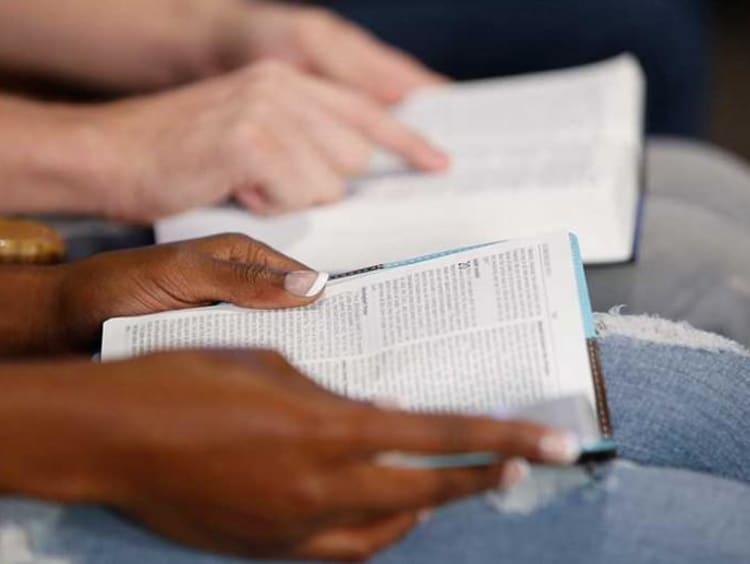Integrating Faith, Learning and Life
Guest Contributor

Do to others as you would have them do to you. (Matthew 7:12)
This is a rephrasing of the second great commandment, “Love your neighbor as yourself.” Not a few Christians have interpreted this to mean that we should love ourselves before we can love others. Actually, this second great command assumes that we already love ourselves and that this self-love should serve as a guide for how we treat others. Christian theologian John Stott asserted that self-love is not a goal to be pursued but a fact to be acknowledged. What then, are the practical implications of the duty to love as it relates to God, others and my own self? What if I have felt profoundly unloved and don’t feel love for others welling up within me? Maybe I feel such shame and self-loathing, even to the point of cutting myself. Shouldn’t I focus on loving myself first before I can reach out to others?
Hello, I’m Paul Copan, an author and a professor of philosophy and ethics at Palm Beach Atlantic University in West Palm Beach, Florida. I’ll be addressing some of these questions in my talk “Self-Love, Self-Fulfillment and Following Jesus” on the evening of February 24 at the Gathering.
The next day, I’ll be speaking with GCU faculty about another common question in our day—whether all religions are “basically the same.” Why should we be Christians rather than Hindus, Muslims or Buddhists? We must be able to answer this question as we are confronted with conflicting religious truth claims in the marketplace of ideas.
On the evening of February 25, I’ll address the topic of “Jesus-Shaped Cultures”—a talk on the impact the Christian faith has had in history—a faith that changed Western civilization. This transformation is acknowledged by even leading atheist intellectuals. Jesus is not only unique in his identity claims in comparison to other world religious leaders, but when Jesus’ disciples faithfully follow him, they make a significant impact wherever they go. The Christian faith doesn’t simply make good intellectual sense; it impacts life and society as well.
I look forward to being with you all at GCU at the end of February for a time of robust discussion and engaging conversation.
* Paul Copan will visit Grand Canyon University Feb. 24-25 as part of the Faith & Learning Speaker Series as part of the university’s initiative to integrate faith and learning. He will speak multiple times while on campus. Students and the general public are invited to attend a special evening event on Feb. 25 at 7:00 p.m.
More About Dr. Copan:
Paul Copan (Ph.D. Philosophy, Marquette University) is professor and Pledger Family Chair of Philosophy and Ethics at Palm Beach Atlantic University, and he has served as president of the Evangelical Philosophical Society. He is author and editor of thirty books including “The Rationality of Theism,” “The Routledge Companion to Philosophy of Religion,” “Philosophy of Religion: Classic and Contemporary Issues,” “The Gospel in the Marketplace of Ideas,” “An Introduction to Biblical Ethics,” “Is God a Moral Monster?” and “True for You, But Not for Me.” He has contributed essays to over thirty books, both scholarly and popular. Paul and his wife, Jacqueline, have six children and they reside in West Palm Beach, Florida. His website is www.paulcopan.com.
The views and opinions expressed in this article are those of the author’s and do not necessarily reflect the official policy or position of Grand Canyon University. Any sources cited were accurate as of the publish date.


